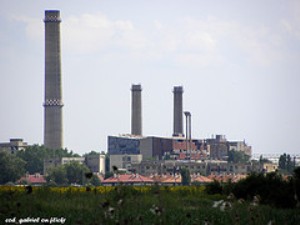A new Edmonton-based pilot facility has been established in Canada, which will be the first to develop high quality nanocrystalline cellulose (NCC), the kind that researchers require to fully understand its effective applications.
The pilot plant valuing $5.5-million was built through collaboration of federal and provincial governments and by partnering with industry under Western Economic Partnership Agreement (WEPA). They will employ straw pulp and wood obtained from flax and hemp to produce up to 100 kg of NCC each week that would be tested for commercial usages.
 Alberta Facility To Produce New Nano Material
Alberta Facility To Produce New Nano Material
Recent findings show that NCC has unique characteristics such as optical properties, high strength, and wide surface area at nanoscale level. This pilot plant will favor researchers to examine and evaluate NCC quality from a wide range of forest and agricultural materials for usage in numerous commercial applications that include plastics, automobile parts, paints, building materials, energy extraction, packaging, and health care products.
This project paves the way for new markets for Alberta’s forest industry in different fields such as drilling fluids, pharmaceuticals, composite materials and coatings, and many more.
This project showcases the role played by Alberta Innovates Technology Futures (AITF) in Alberta’s new research and innovation program and AITF provides technical skills and superior facilities to programs having commercial prospects, stated Dr. Gary Albach, President and CEO of AITF.
The Canada-Alberta WEPA will focus on priorities that satisfy regional requirements and increase provincial and national strategies for economical development. The four priority areas identified by them include business productivity and competitiveness, trade and investment, technology commercialization, and value added processing.